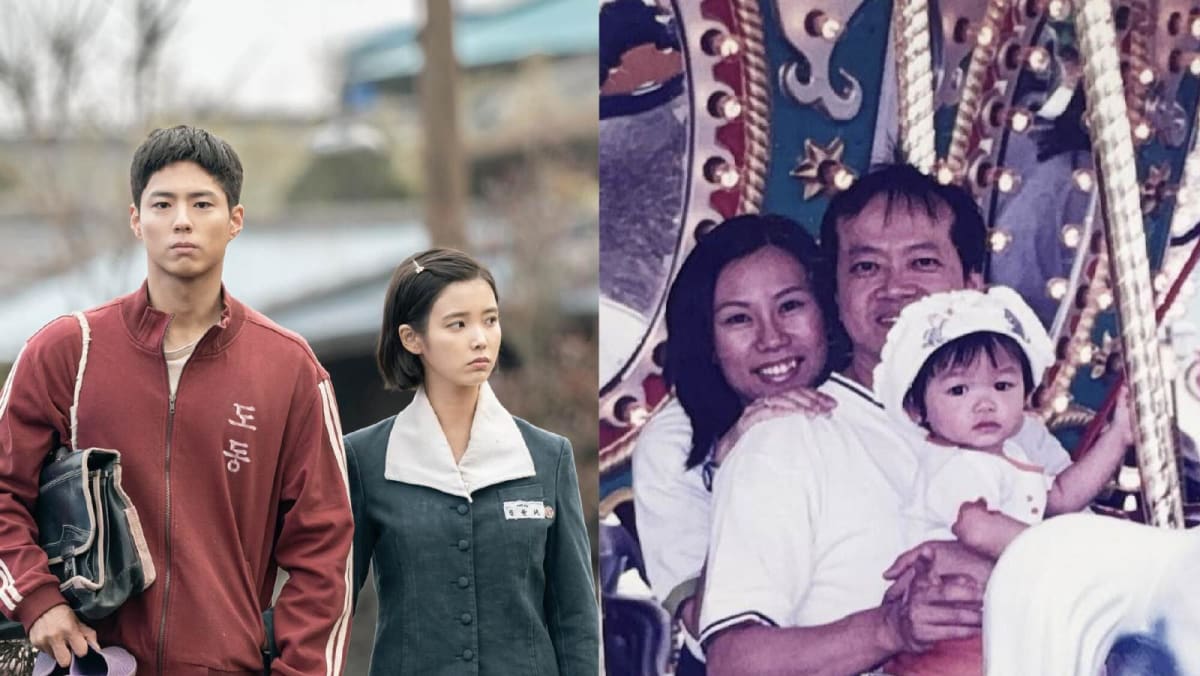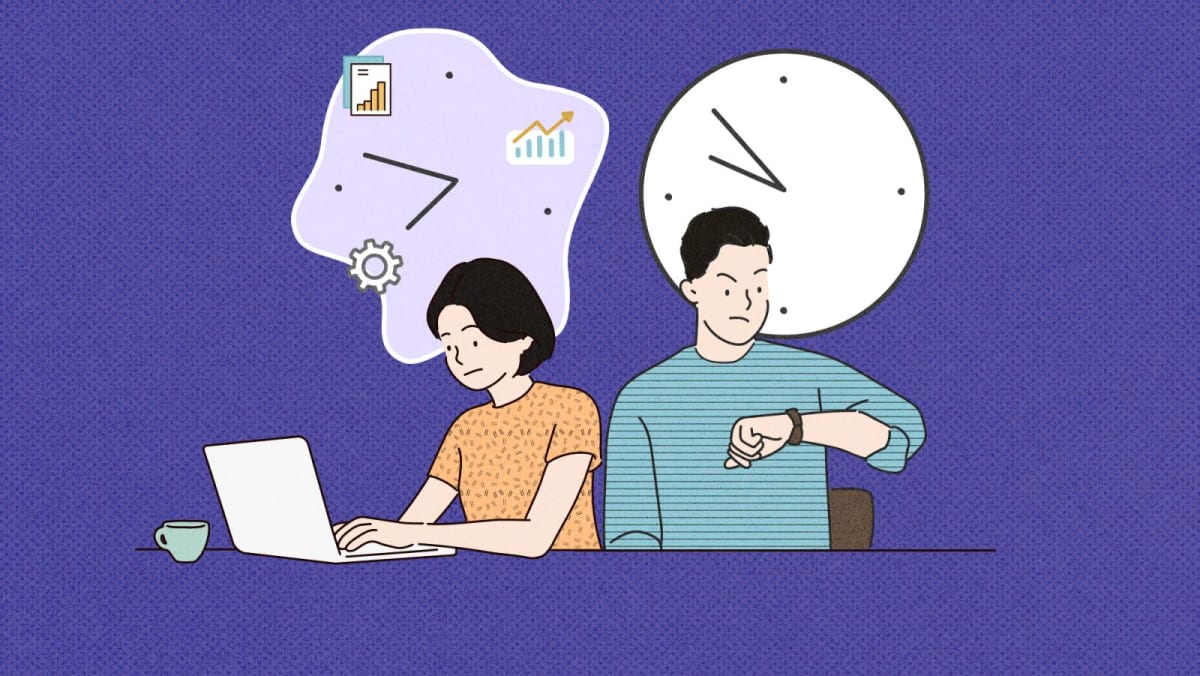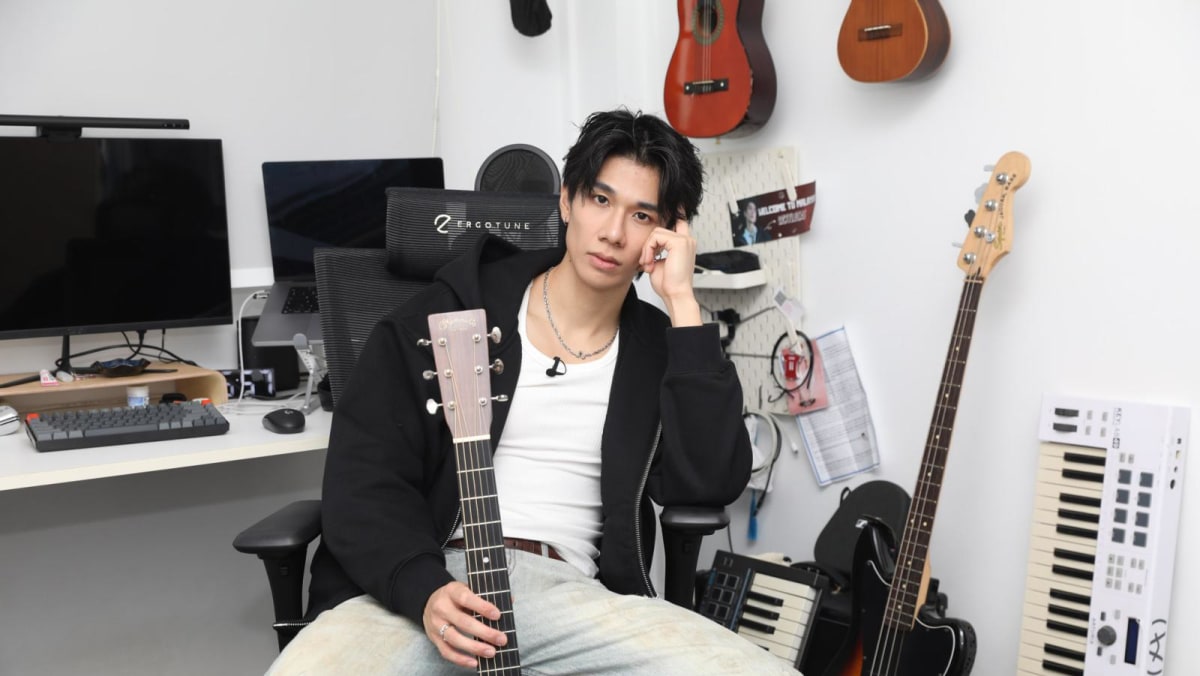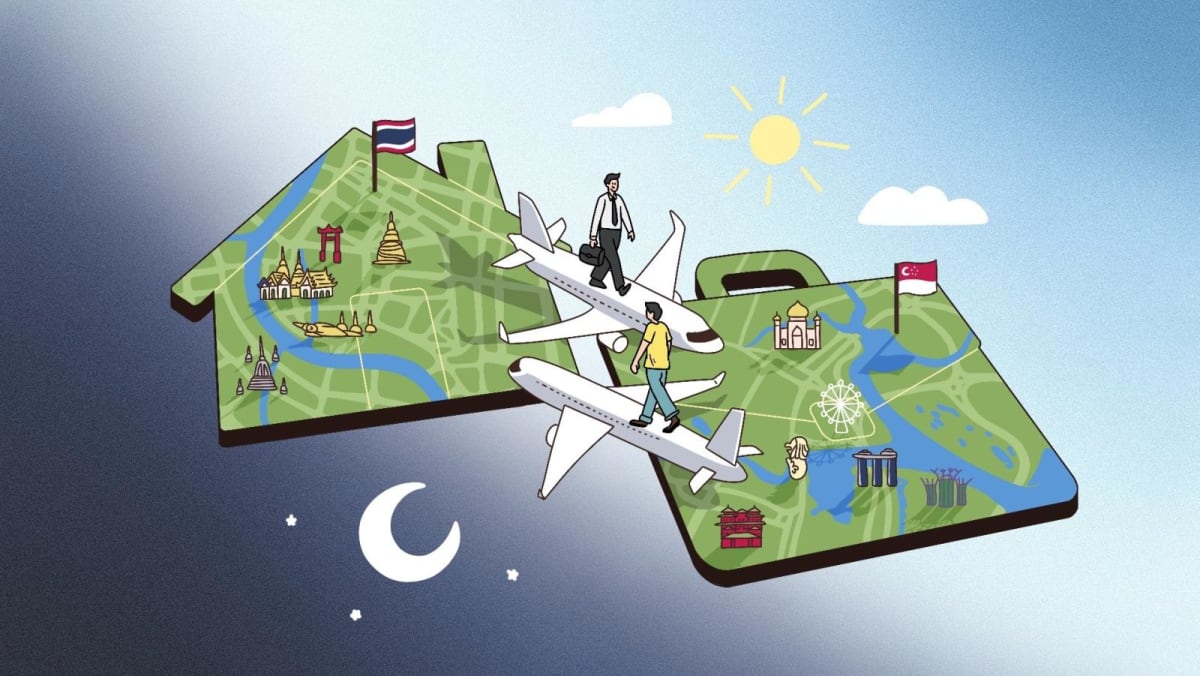He struggles with feeling like he is never good enough, always second-guessing his worth not just within his family but in every aspect of his life.
He tends to get defensive, even in situations where there is no direct criticism. It was an instinct honed by years of bearing the brunt of judgment and disapproval, spoken and unspoken.
His is not an isolated experience. Studies show that people who feel like outsiders in their own families – whether due to gender roles, favouritism or differing values – are more likely to struggle with long-term emotional distress, including self-esteem and mental health issues.
Some family ties become sources of pain rather than support.
Some relationships become transactional, where love is conditional and acceptance is only given to those who comply unquestioningly with the rules.
THE WEIGHT OF TRADITION
I’ve had my own experiences feeling like an outsider in certain family settings, where my individual choices or opinions didn’t align with the group’s norm.
My parents grew up in a time when “family first” was synonymous with obedience: Elders set the tone and younger generations follow without question.
They’ve shared with me stories of duty and sacrifice, how their parents and grandparents worked tirelessly, often at the cost of their own happiness, to keep the family together.
Collective stability was always first; individual needs came second.
This theme plays out in When Life Gives You Tangerines as well, where Ae-sun and Gwan-sik relinquish everything, from their boat to their house, to provide their children with education and a stable future.














